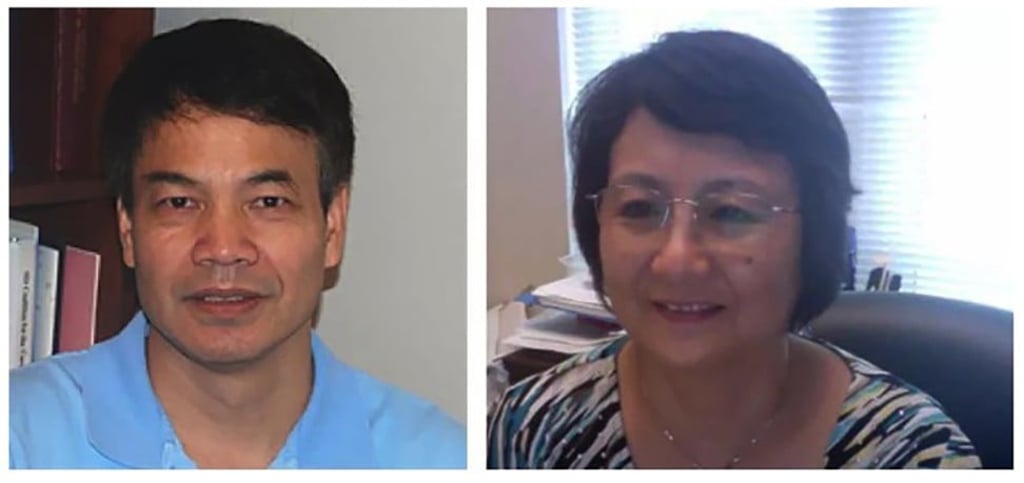Is scrutiny of Chinese scientists in US ‘ethnic profiling’ or necessary response to emerging threat?
- Chinese scientists working in America find they are investigated and stigmatised because of their ethnicity alone
- One speaks of ‘increasing fear of a new McCarthyism’ if tensions between the US and China intensify

A Chinese-born couple, Li Xiaojiang and Li Shihua, both Emory professors, were among the authors of the study on gene editing in mice. Collins called the results “reassuring news” as scientists explore the “potential curative power” of gene editing. Published in the Journal of Clinical Investigation, the study was a prime display of the globalisation of science and the deep Chinese connections to US higher education.
Since the paper was published, the Lis have been booted from Emory, their laboratory closed, their tale an example of the rising scrutiny of ethnic Chinese scientists that has rattled campuses from coast to coast.
The university fired them abruptly in May, 23 years after they arrived at the prestigious Emory School of Medicine. It charged that the professors failed to fully disclose foreign sources of research funding and the extent of their work for institutions and universities in China. Both scientists are naturalised US citizens.

Li Xiaojiang, who held tenure at Emory as a distinguished professor of human genetics, disputes the university’s account. “I routinely disclosed my Chinese affiliations and Chinese funding in my publications,” he says in an email from China.
The couple’s departure underscores the roiling debate over how to preserve the culture of free academic exchange and international cooperation that is a hallmark of American universities, while preventing China and other nations from abusing that trust.